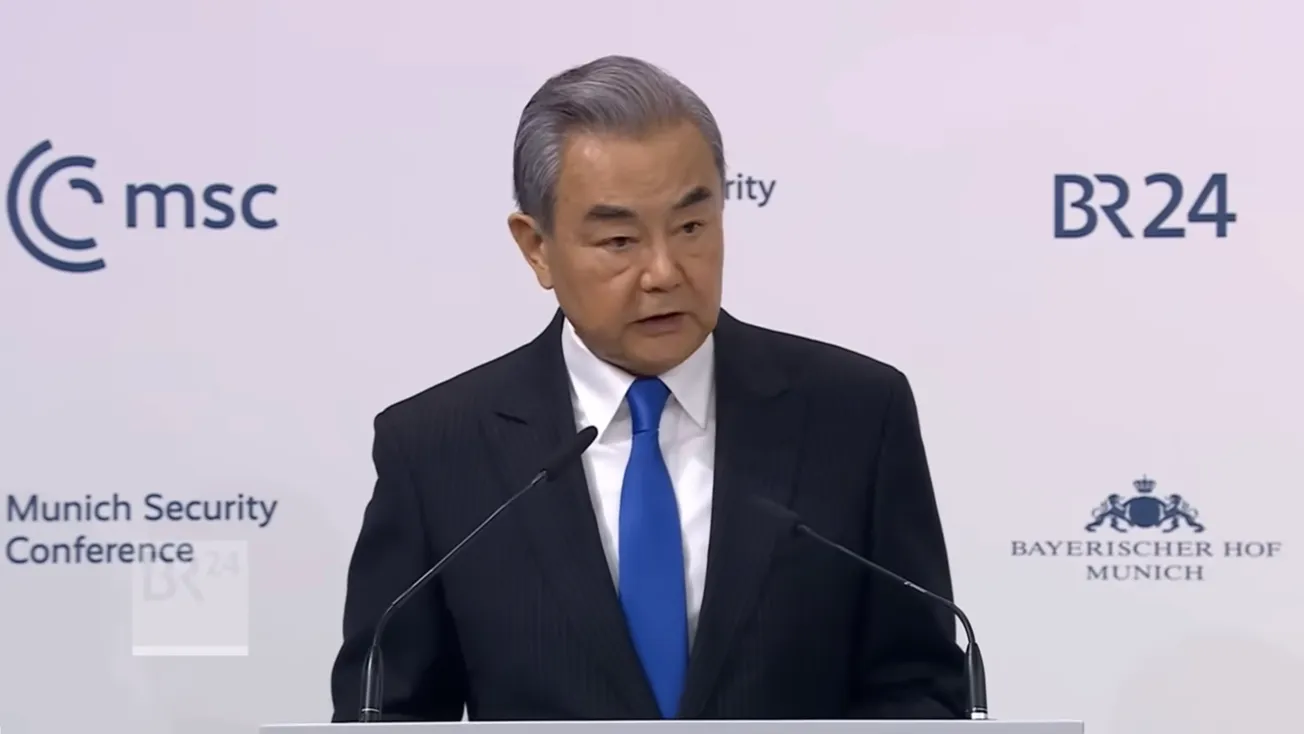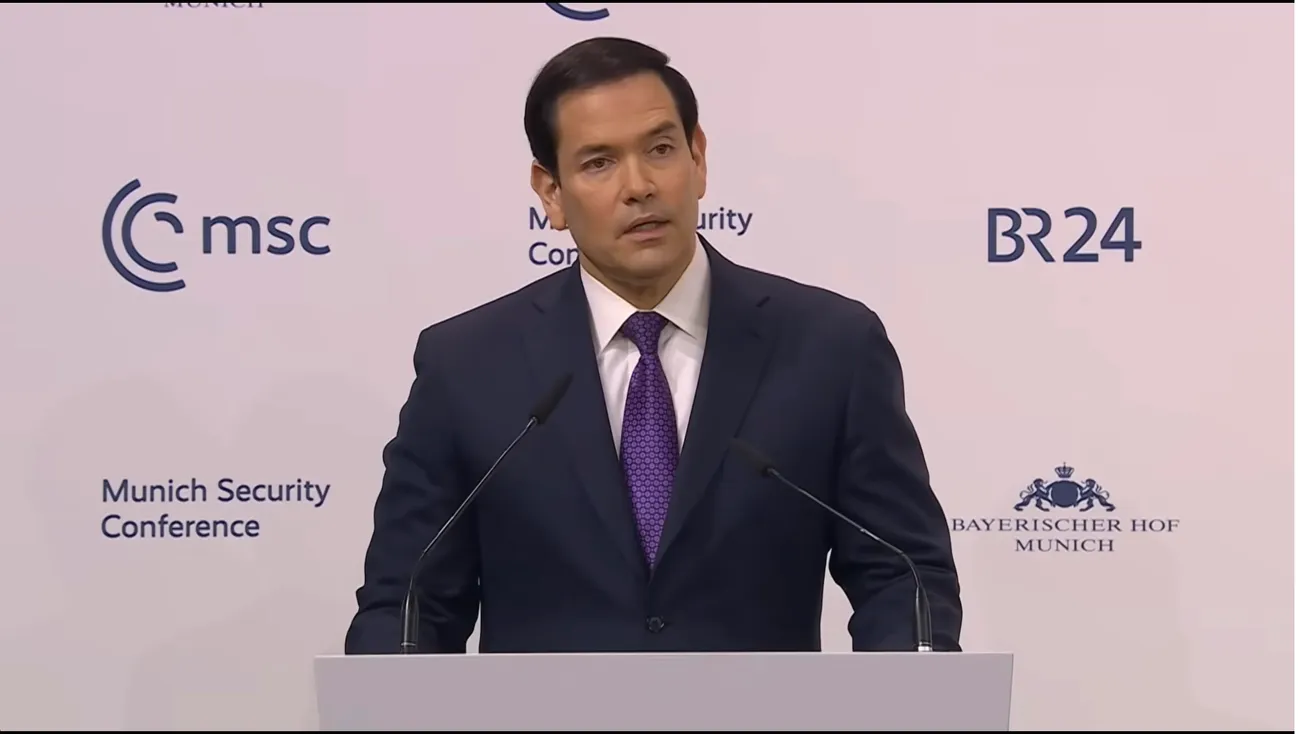Secretary of State Tony Blinken and Chinese Foreign Minister met on July 9 for five hours, including a lunch meeting, on the sidelines of the G20 Foreign Ministers meeting in Indonesia. Both described their talks as “constructive,” with Wang saying they had created conditions for further high-level exchanges.
“Sino-U.S. relations are still not out of the predicament created by the previous U.S. administration, and they are even facing more and more challenges,” Wang said, according to Xinhua. He added that the U.S. wrongly sees China as a threat, saying: “If this ‘threat’ theory is allowed to further develop, U.S. policy towards China will be entering a dead end that it cannot exit.” Wang told the press he had presented Blinken four demands: remedial action for Washington to take; a list of Beijing’s key concerns; U.S. legislation it wants changing and eight areas where the two sides can cooperate, without giving details.
Blinken told reporters: “Despite the complexities of our relationship, I can say with some confidence that our delegations found today’s discussions useful, candid and constructive,” Blinken told reporters after the talks. “The U.S. wants our communication channel with Beijing to continue to remain open.”
Wang again complained that the agreements between Presidents Joe Biden and Xi Jinping were not being honored, saying that the U.S. is still building up its regional alliances to contain China, supporting moves towards Taiwanese independence, interfering with China’s internal affairs through the guise of human rights and smearing China’s political system. “The U.S. must not underestimate the firm determination of the Chinese people to defend territorial sovereignty, and must not make subversive mistakes that ruin peace across the Taiwan Strait,” Wang said, according to Xinhua.
Blinken repeated U.S. lies about China’s supposed provocations regarding Taiwan, Hong Kong, forced labor in Xinjiang and the treatment of ethnic groups in Tibet. On Ukraine, Blinken said the U.S. is concerned over China’s alignment with Russia, adding that Beijing is not neutral in the crisis. “I would start with the proposition that it’s pretty hard to be neutral when it comes to this aggression. There’s a clear aggressor. There’s a clear victim,” he said. He denied the U.S. was making countries choose between the U.S. and China, but that he hoped China’s own activities in the region would result in a “race to the top” that benefits everyone.



